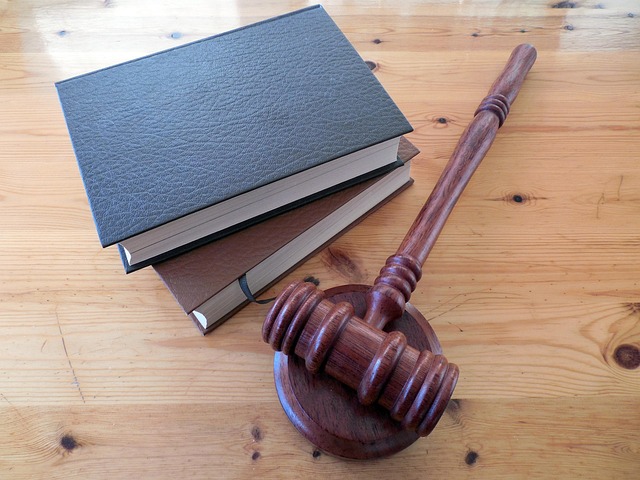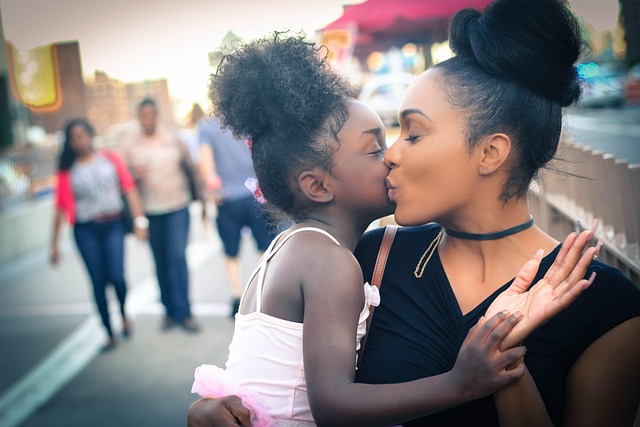Grandparent custody disputes arise from differing parental care decisions, involving complex family dynamics and state laws. Building a strong case requires robust evidence, thorough documentation of shared time, academic records, medical history, and testimonials. Effective communication with parents is crucial through active listening, empathy, and collaborative dialogue. Specialized attorneys advocate for grandparents' rights, navigating complex legal matters and providing objective perspectives. After an agreement, ongoing support, clear communication, and co-parenting efforts ensure stability and strengthen grandparent-child bonds.
Grandparent custody disputes can be emotionally charged and complex, but with the right approach, peaceful resolutions are achievable. This comprehensive guide navigates the legal landscape of grandparent agreements, offering insights into understanding common disputes, building a compelling case, and effective negotiation strategies. We explore the role of attorneys, post-agreement support, and more, empowering grandparents to advocate for their rights while prioritizing the well-being of their grandchildren.
- Understanding Grandparent Custody Disputes: Legal Framework and Common Issues
- Building a Strong Case: Evidence and Documentation for Grandparents
- Negotiation Strategies: Tips for Effective Communication with Parents
- The Role of Attorneys: When to Hire Professional Legal Aid
- Post-Agreement Support: Ensuring the Well-being of Grandchildren and Grandparents
Understanding Grandparent Custody Disputes: Legal Framework and Common Issues

Grandparent custody disputes often arise when a parent’s decision regarding their child’s care does not align with the wishes of grandparents, leading to legal implications. These disputes are complex, involving intricate family dynamics and legal frameworks that vary across jurisdictions. The primary goal in such cases is to determine what arrangement is in the best interest of the child while also considering the rights and roles of grandparents.
Legal frameworks governing grandparent custody disputes vary widely, with some states recognizing specific rights for grandparents, while others have more limited involvement. Common issues include visitation rights, decision-making authority, and physical custody. Grandparents may seek partial or full custody, or they might advocate for significant visitation privileges to maintain a meaningful relationship with their grandchildren. These disputes can be emotionally charged, requiring careful navigation by all parties involved to ensure the child’s well-being remains paramount.
Building a Strong Case: Evidence and Documentation for Grandparents

In grandparent custody disputes, building a strong case requires robust evidence and thorough documentation. Grandparents should gather all relevant information that demonstrates their capacity to provide a stable and loving home for the child. This includes academic records, medical history, and any extracurricular activities that showcase the child’s well-being and happiness within their care. Testimonials from character references, such as teachers or trusted family friends, can also bolster the case.
Documentation of shared time with the grandchild, through photos, videos, and detailed journals, can serve as compelling evidence of a strong grandparent-child bond. In addition, any legal documents, like court orders or agreements from previous custody arrangements, should be meticulously preserved and presented. This comprehensive approach ensures that grandparents can effectively communicate their suitability for custody during negotiations, reinforcing their position in the best interests of the child.
Negotiation Strategies: Tips for Effective Communication with Parents

When navigating grandparent custody disputes, effective communication is key. It’s crucial to approach conversations with parents as a collaborative effort rather than a confrontational one. Start by actively listening to their concerns and perspectives; acknowledge their emotions and show empathy. This builds trust and sets a positive tone for negotiation.
Use clear and concise language to express your points, focusing on what you can offer rather than what you cannot. Be prepared with specific examples highlighting your capabilities and commitment to the child’s well-being. Offer compromises where possible, demonstrating flexibility while also advocating for the best interests of the grandchild. Regularly assess the conversation’s progress and adjust your strategy accordingly, ensuring open lines of communication remain throughout the negotiation process.
The Role of Attorneys: When to Hire Professional Legal Aid

In grandparent custody disputes, attorneys play a pivotal role in advocating for the rights and best interests of grandparents seeking legal access to their grandchildren. Their expertise is invaluable when navigating complex family law matters. Legal professionals can provide crucial guidance on the applicable laws and regulations regarding grandparental rights, helping to ensure that all legal options are explored.
Hiring an attorney specialized in family law and grandparent custody disputes is particularly beneficial in cases where emotions run high or there are contentious issues at play. They offer objective perspectives, enabling fair negotiations and strategic planning. With their knowledge of court procedures and past case precedents, attorneys can effectively represent grandparents, increasing the chances of a favorable outcome. This professional support is essential to protect grandparent-child bonds and ensure legal rights are upheld during custody disputes.
Post-Agreement Support: Ensuring the Well-being of Grandchildren and Grandparents

After reaching a mutually agreeable outcome in grandparent custody disputes, providing ongoing support and ensuring well-being is paramount. This includes establishing clear communication channels to address any emerging concerns or changes in circumstances. Regular check-ins, both formal and informal, allow grandparents and children to express their feelings, share updates, and maintain strong bonds.
Additionally, fostering an environment of collaboration between grandparents and parents is vital. Co-parenting efforts ensure consistency in routines, discipline strategies, and educational approaches, contributing to the overall stability and happiness of grandchildren. This joint commitment post-agreement helps mitigate potential stress and conflict, promoting a harmonious relationship for all involved parties.






